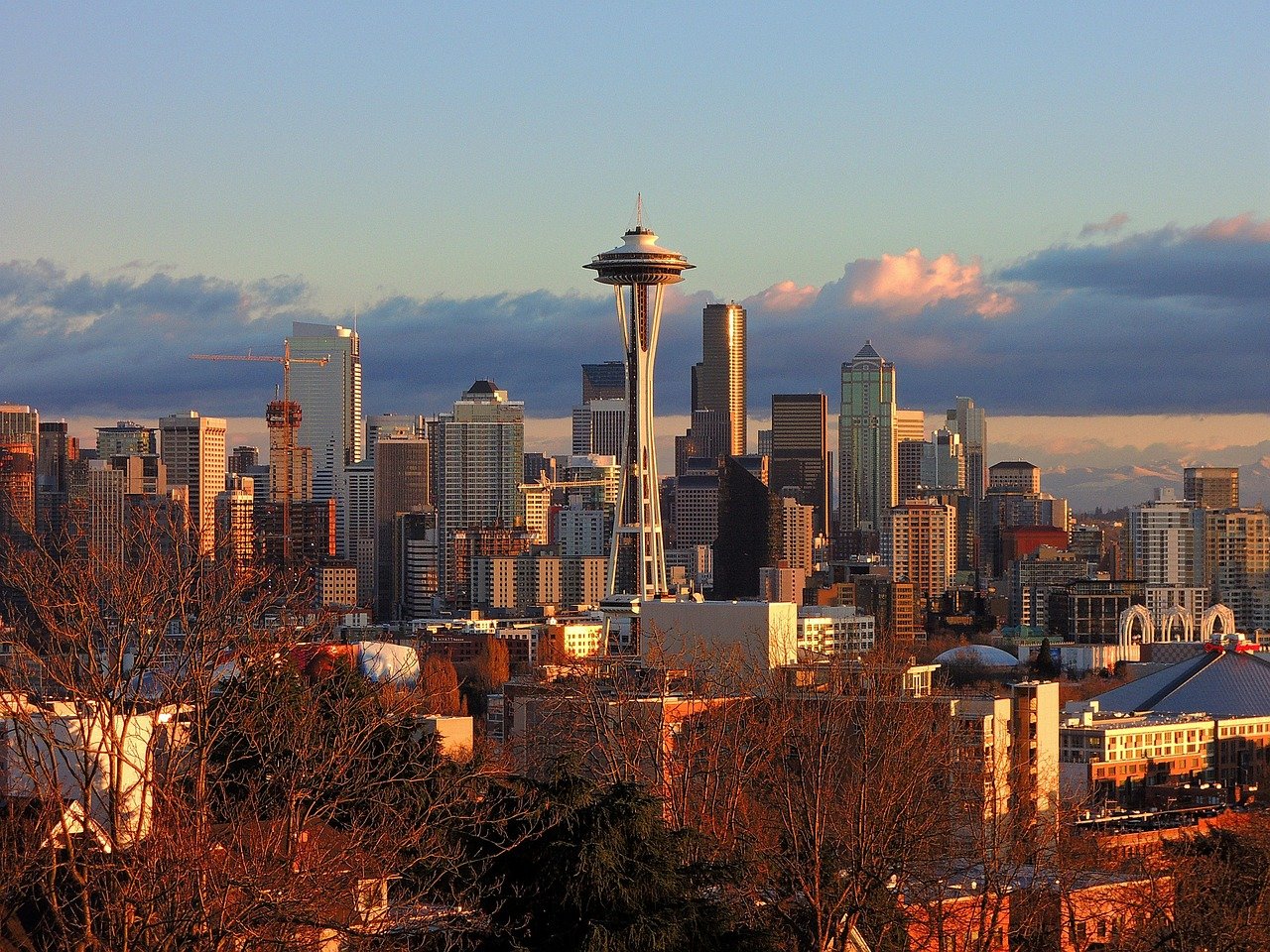Faced with a unique tax landscape that includes no income tax but a Business and Occupation (B&O) tax and a rising sales tax, some Washington state businesses are considering a move to neighboring states like Idaho, Oregon, Nevada, and Wyoming, drawn by potentially more favorable tax policies.
Washington’s Taxing Proposition:
Washington state stands out for not having a corporate or personal income tax, a feature often seen as a boon for businesses. However, the state heavily relies on a Business and Occupation (B&O) tax, which is levied on a company’s gross receipts, not its profit. This means businesses can be profitable or even losing money and still owe B&O tax. The rates vary by industry, with services often taxed higher than manufacturing or retail. Adding to this is a state sales tax of 6.5%, which, when combined with local rates, averages around 9.38%, one of the highest in the nation.
“The B&O tax equates to a more than 15% corporate income tax rate – the highest in the nation, and roughly double the average in most states,” according to the National Federation of Independent Business (NFIB).
A more recent concern for businesses is the introduction of a 7% capital gains tax on the sale of certain long-term assets, effective in 2022. While it exempts real estate and assets used in a trade or business , this tax has worried entrepreneurs and investors who view it as a significant new cost.
Across the Border: Greener Pastures?
Neighboring states offer different tax structures that some Washington businesses find appealing:
- Idaho: Has a 5.8% corporate income tax but a lower 6% sales tax and no gross receipts tax.
- Oregon: Has no sales tax, but imposes a corporate excise and income tax with a top combined rate of 7.6%, along with a gross receipts tax.
- Nevada: Boasts no corporate or personal income tax, relying instead on a gross receipts tax and a 6.85% state sales tax (which can be higher locally).
- Wyoming: Offers the most significant tax advantages with no corporate income tax, no personal income tax, and no gross receipts tax, plus a low 4% state sales tax (up to 6% with local options).
Evidence of Exodus:
Reports and anecdotal evidence suggest some businesses are indeed looking to leave Washington. Fisher Investments announced its move to Texas, citing the capital gains tax. Microsoft President Brad Smith has expressed concerns about the sustainability of the tech sector in Washington due to proposed tax increases. The Washington Policy Center has also highlighted negative private business growth rates in the state’s largest counties compared to neighboring states.
“Frankly, I have never been more concerned about the future of the tech sector in Washington state than I am today, and part of that has to do with the [tax] proposal,” Smith stated.
Driving the Decisions:
The B&O tax is a frequent pain point for businesses due to its tax on gross receipts. The new capital gains tax and the prospect of further tax hikes, like a proposed payroll tax, are also fueling concerns. The complexity of Washington’s tax system, with varying local sales tax rates and numerous B&O tax classifications, adds to the administrative burden.
Economic Impact:
Business departures could lead to job losses in Washington. Seattle’s experience with a payroll tax, which resulted in lower than expected revenue as businesses moved employees, serves as a warning. A shrinking business base could also reduce the state’s overall tax revenue and hinder long-term economic growth.
Conversely, states attracting these businesses could see job creation and increased tax revenue.
Closing/Conclusion:
Washington state’s tax policies are prompting some businesses to consider relocating to neighboring states with potentially more favorable tax environments. The B&O tax, high sales tax, and the new capital gains tax are key factors driving this consideration. While Washington aims to fund public services, the potential economic consequences of business departures, including job losses and reduced tax revenue, warrant attention. Finding a balance between revenue needs and maintaining a competitive business climate will be crucial for Washington’s economic future.












